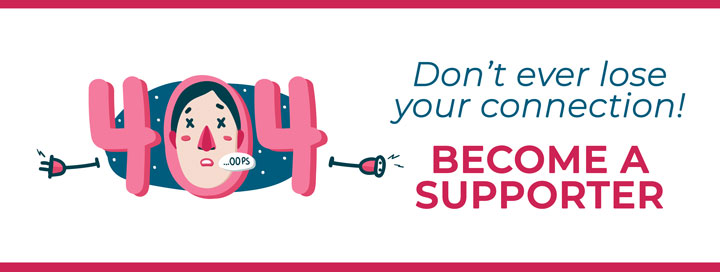Business-as-Usual Porn – or, We Need to Talk about Collapse
Posted by Collectivist
"I think we need to talk openly and calmly about the possibility of societal or civilizational collapse arising from humanity’s present predicaments. And that’s mostly what I want to pursue in this post – not so much what the likelihood or the underlying mechanisms of collapse might be, but the idea that it would be useful if, as a society, we could talk about it.
Maybe that’s happening in one sense. The noises offstage from scientists, multilateral agencies, social critics and political activists about the possibility of collapse are getting louder1. Inevitably, so is the pushback from those arguing that this is so much overheated rhetoric, and everything’s just fine2. My sense is that there’s far greater empirical weight behind the former than the latter position, but it’s the latter one that seems to dominate public discourse. There’s precious little public and media attention to the rather big news that the way we live may soon be ending. Indeed, people who say such things are generally relegated from serious debate, and sometimes accused of peddling ‘collapse porn’ with their mawkish tales of impending doom3. It’s a curious phrase. Inasmuch as pornography presents people with something that they guiltily want to see, but in unrealistic and idealized ways that hide the reality of the relationships involved and erode their integrity, perhaps we should rather be talking about ‘business as usual porn’.
I’m not too sure why business as usual porn is so widespread, but I think possibly it’s because of an unfortunate fusion between two aspects of modern life. First, a sense that the vast technological reach of contemporary societies armours us against the malign contingencies of the world, and second an elaborate and urbanized division of labour that denies most people even the remotest capacity to care for themselves in the face of those contingencies. The result at best is a cheerful fatalism – “there’s nothing I can do about it, so I might as well enjoy myself” – and at worst a kind of Stockholm syndrome in which we celebrate our armoured urbanism, latch onto every sign of its vitality and dismiss any counternarrative out of hand.
In his lovely book about foraging and hunting peoples, Hugh Brody describes a very different situation among the Inuit hunters with whom he lived4. Every journey across the ice was rimed with potential danger, which was freely acknowledged. The Inuit were well aware of the malign contingencies of the world over which they had little ultimate control – a situation that made them neither fearful, nor selfish, nor angry, nor sad, but in some sense alive within a culture that had to deal with it. And they had many skills for dealing with what came their way, as hunters, builders, navigators, craftspeople and so on. My sense is that they didn’t spend much time debating whether they were optimistic or pessimistic about their uncertain future, nor in honouring leaders who cheekily mocked ‘project fear’ and lambasted ‘doomsters and gloomsters’. Instead, they carefully assessed the dangers ahead that they perceived, prepared themselves as best they could to mitigate them, but were open to the inscrutable workings of uncontrollable contingency.
My feeling is that we could do with channelling a bit of that mentality in our now-challenged world. Perhaps one of the differences between our predicaments today and those of the Inuit is that our problems are fundamentally collective. Often, in non-modern foraging or farming societies centralization and bureaucratization has been a risk-pooling venture by people with other options up their sleeve (I’m borrowing here from archaeologist of premodern societal collapse, Joseph Tainter5). When the going gets rough for the state superstructure, people readily abandon it and pursue a more dispersed and self-reliant life – perhaps something akin to the kind of life lived by the Inuit hunters described by Brody. One of the problems we face today is that, for most of us, it’s not so easy to walk away and lead a more self-reliant life. We lack the space, the skills and the political warrant to do so. These are all genuinely difficult problems, but perhaps as big a problem is that we also lack the cultural language to do so. We’ve become so wedded to urbanism, economic growth, high tech (or, in fact, high energy) solutionism and narratives of historical progress that a turn to self-reliance seems undesirable, impossible, laughable – what someone I was debating with recently called a ‘neopeasant fantasy’.
I guess I’ll continue that debate, wearily. It seems to be a thing I do. And I haven’t given up on it entirely – if I can help break down the resistance to an alternative cultural narrative in a few minds, then I guess that’s something. But I want to imagine myself metaphorically out on the ice with Inuit hunters as Hugh Brody was, with no food, no game in evidence, and many days journey from safety, with only a tired dog team, my knowledge of the terrain, my hunting skills and my fortitude in my favour.
Of course, in reality I’m not out on the ice but on a small farm near the edge of a small town in a small country that’s thoroughly imbued with the culture of global capitalism. . ."










Comments
Post a Comment